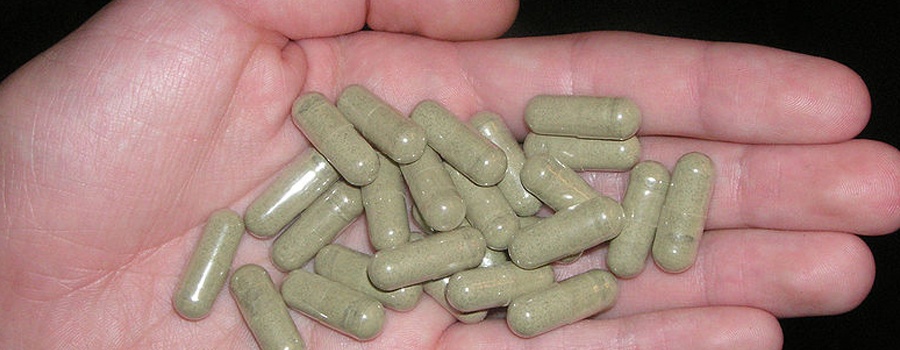Tag: FDA
-

President Trump Signs Right-to-Try Act
On Wednesday, May 30, 2018, Pres. Donald Trump signed the Right-to-Try Act, which allows terminally ill patients the ability to try drugs in preliminary testing but not-yet-approved by the Food and Drug Administration. The aim is to make it easier for those patients suffering from fatal illness who have exhausted all other resources to access…
-

FDA Classifies Kratom as Opioid
The U.S. Food and Drug Administration has officially classified the plant kratom, originally seen as an opioid alternative, as an opioid itself, stating that compounds in kratom act like prescription-strength opioids. Found in Malaysia, the leaves of the kratom plant are traditionally crushed and made into a tea to treat pain as well as heroin…